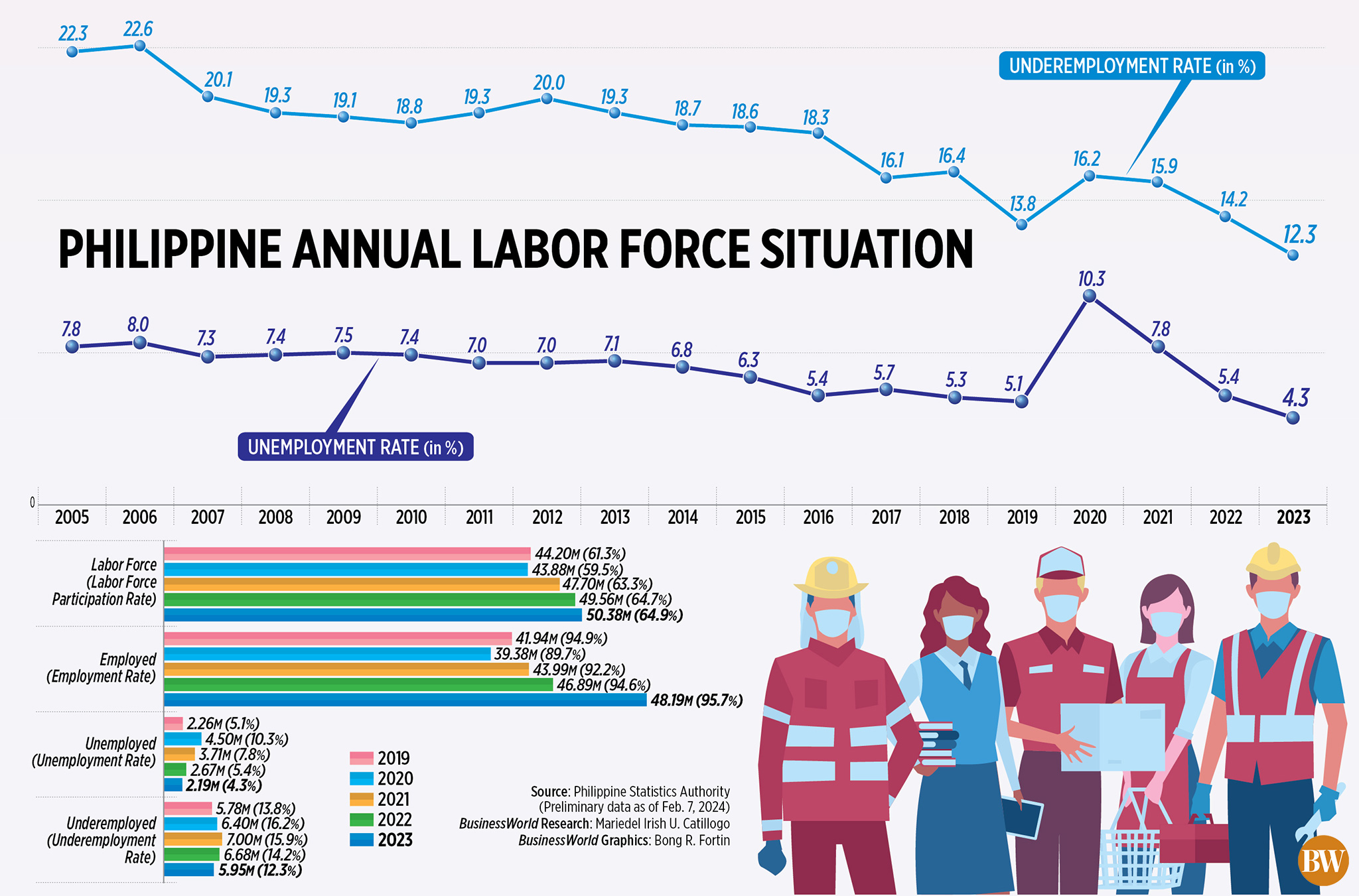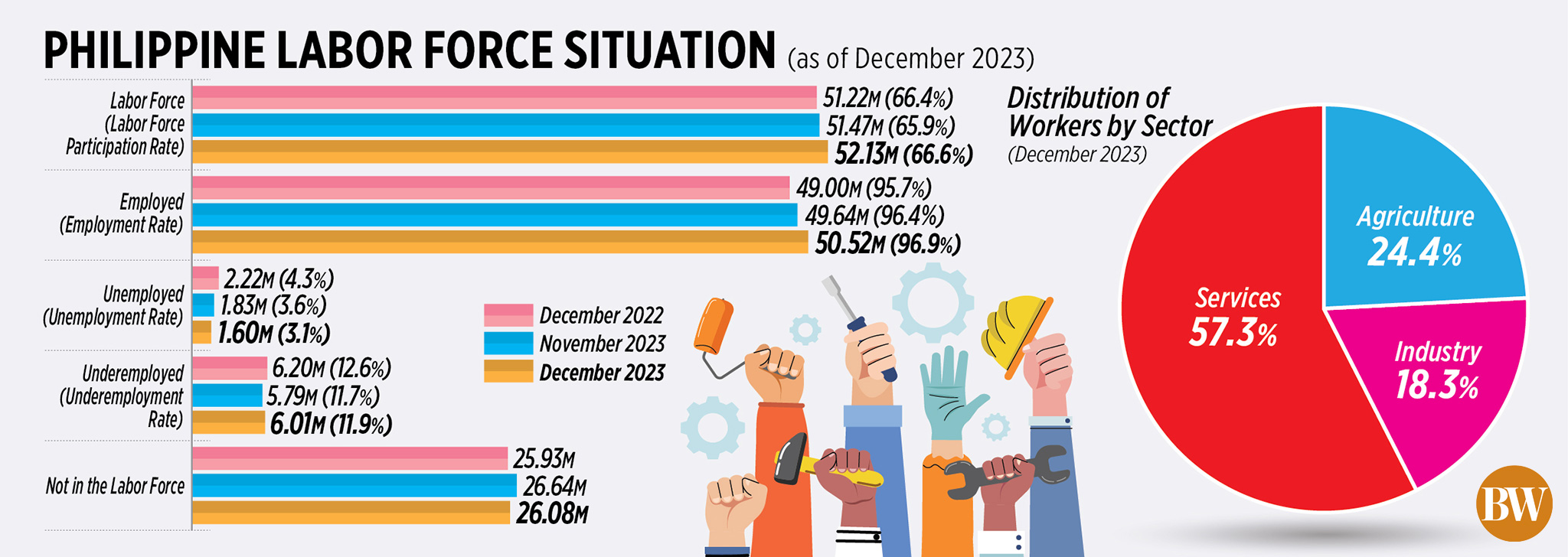CELEBRATING THE YEAR OF THE DRAGON
THE LUNAR New Year is the focus this weekend, and all over the town there are treats and celebrations from luxe gifts to delicious spreads.
JOHNNIE WALKER
Johnnie Walker’s premium Blue Label line is getting a Lunar New Year facelift with a dragon-emblazoned bottle. This was done in collaboration with Asian-American artist James Jean. “Evolved from traditional depictions of Chinese dragons, my dragon is composed of flowers and organic elements, from which emerge tendrils and arcing lines, evoking the idea of roots and connection,” said the artist. In the design’s layered visuals, the evergreen Wood Dragon springs from bountiful flora and fauna, and bursts to life with auspicious ambition. “There are hidden elements in the picture as well — layers to be discovered, just like the layers in this incredible whisky,” said Mr. Jean. “I included chrysanthemums, from which flow liquid gold — inspired by Johnnie Walker whiskies — and hummingbirds sipping on the precious nectar.” The Johnnie Walker Blue Label Lunar New Year Limited Edition is now available in the Philippines in all S&R branches, online through Singlemalt.PH, and through Diageo private sales channels.
CHOWKING
To welcome the auspicious Year of the Wood Dragon, Chowking introduces two festive New Year additions — the Family Lauriat and the new Peanut flavored buchi. The new Family Lauriat features six of their best-selling dishes: Chinese-style fried chicken, Pancit canton, siomai, buchi, Chicharap, and Egg fried rice, presented in customized packaging good for four or six persons. The Peanut Buchi, a sweet and sticky treat crafted to capture good luck and ensure it sticks, is served on a platter, and is available for a limited time only. For more information about Chowking, visit www.facebook.com/ChowkingPH (Facebook) and @ChowkingPH (Instagram).
DIAMOND HOTEL
Usher in the Year of the Wood Dragon with a Dragon and Lion dance at 11 a.m. on Feb. 10. At Corniche, Chinese dishes will be the focus at the buffet from Feb. 8 to 11. Priced at P3,780 net per person for lunch or dinner, the buffet features traditional New Year celebratory fare. One may also avail of the hotel’s sweet and savory takeaway platters and set menus until Feb. 11 at onlineshopping.diamondhotel.com. With a minimum spend of P5,000, guests can pluck a prize from the Prosperity Tree for a chance to win hotel gift certificates and other prizes. For reservations call 8528-3000 or visit www.diamondhotel.com.
NEWPORT WORLD RESORTS
Newport World Resorts is prepared for the Lunar New Year feasts. At the Newport Garden Wing’s Happy 8, there is a lucky Yee Sang salad toss (P1,108 net) for up to 10 persons. Complete the feast with a Golden sauce poon choi (P3,688 net) of abalone, scallops, live and fresh shrimps, roasted pork belly with mustard sauce, sea cucumber, and more. Chinese fine dining restaurant Man Ho at Marriott Manila is also serving a traditional lo hei for Prosperity (P9,888++ for groups of five or P13,888++ for groups of 10). The auspicious treasure pot filled with the most prized ingredients — Poon Choi (P31,888++) is meant to be shared for a prosperous year. Other available treats in Newport include tikoy (sticky rice cake) for Harmony. At the Newport Grand Wing’s Hua Yuan Brasserie Chinoise at Hilton Manila, Lunar New Year celebrations include Yee Sang sets (P2,588++ for three persons and P7,588++ for up to 15 persons). Curated menus for reunions that are perfect for groups of six are also available from Feb. 1 to 18, including The Prosperity Set (P25,888++), the Wealth Set (P52,888++), and the Grand Fortune Set (P148,888++ for up to 10 persons) is a combination of the restaurant’s greatest hits. A different flavor of festivities takes the spotlight at the Oori Korean Restaurant at Sheraton Manila. The Tteok Mandu Guk (P1,300 net) is a must for Seollal or Korean New Year celebrations. At Hotel Okura Manila, the Year of the Dragon comes in with the Tatsudoshi 2024: Lunar New Year Buffet from Feb. 9 to 10 at Yawaragi and seasonal Lunar Bento Kaiseki at Yamazato, exclusively available from Feb. 1 to 10. The Lunar New Year Buffet (P3,600++ for Friday-Saturday dinner, P1,800++ for Saturday modified lunch) is highlighted by Shaoxing rice wine Roasted Australian wagyu rump, Ginger and shallot-steamed whole grouper, King crab spring roll, Whole sustainable big-eye tuna, and more. The Lunar Bento Kaiseki (P2,800++) may be had for both lunch and dinner service. It features Kuchidori and Shiizakana. For more information, visit www.newportworldresorts.com and follow @newportworldresorts on Facebook and Instagram, and @nwresorts on Twitter.
PENINSULA MANILA
On Feb. 10, the Peninsula Manila will be holding a Lion and Dragon Dance to spook away bad spirits, from 9:08 a.m. to 11:30 a.m. In honor of the Year of the Dragon, The Peninsula Boutique also unveils a limited-edition line of Lunar New Year edible fine chocolate trees: a Mandarin Orange Tree and a Golden Fortune Money Tree which are available at The Peninsula Boutique for P3,888 while the small trees are P2,888 (inclusive of taxes). Also available are mandarin orange, green tea and lemon, mango jasmine, rum, and strawberry Chinese New Year Chocolate Pralines for P88 each (inclusive of taxes). In the Lobby, The Pen offers the lo hei prosperity toss salad to greet good luck. The Peninsula Chinese New Year lo hei is available for lunch and dinner at The Lobby on Feb. 9 and 10 for P5,888 (exclusive of taxes). Also on Feb. 10, at Escolta, the lunch rate for the Lunar New Year celebration is set at P2,600 for adults and P1,300 for children six to 12 years old. The dinner rate for the special occasion is set at P3,000 for adults and P1,500 for children six to 12 years old. For inquiries, call The Peninsula Manila at 8887-2888 ext. 6694 (Restaurant Reservations), or e-mail diningPMN@peninsula.com.or visit peninsula.com.
SOLAIRE
At Solaire, guests can get a glimpse of their destiny in wealth, health, and romance with exclusive fortune readings by Feng Shui Master Clement Chan. There will be a Dragon and Lion Dance on Feb. 10, plus other performances like a Chinese orchestra, Chinese Fan Dance, Wushu exhibition, and a War Drums exhibition from Feb. 9 to 11 at The Gallery at The Shoppes. Toast to the Year of the Wood Dragon with Red Lantern’s Chinese New Year Eat-All-You-Can Dim Sum Buffet. Indulge in premium set menus that highlight rich flavors of the Prosperity Yu Sheng salad toss. Lunar Gift Hampers by Solaire contain treats like homemade cookies, homemade caramel almond sea salt candies, a glutinous rice cake bar, 30 Years Pu-er tea, Macallan 18 Years Sherry Oak, Remy Martin Louis XIII 700ml, and more. These are also available at Red Lantern. For inquires and reservations, call 8888-8888 or e-mail reservations@solaireresort.com.
MAKATI SHANGRI-LA
The hotel welcomes the Lunar New Year with a traditional Lion and Dragon Dance for its guests at the hotel lobby on Chinese New Year’s Eve, Feb. 9, at 10:30 p.m., and on Chinese New Year Day, Feb. 10, at 12:30 p.m. Special Lunar New Year set menus at Shang Palace are available until Feb. 18. Rates start at P36,800 ++ for the Harmoney set menu, P46,800++ for the Prosperity set menu, and P49,800++ for the Good Fortune set menu. All set menus are good for 10 persons. Makati Shangri-La’s nian nao (sticky rice cakes) are also up for grabs, variations of which include the prosperity fish and the traditional gold bar. Nian gao rates start at P2,088 net per single box. These fortune favors are available at the hotel’s main lobby from 9 a.m. to 9 p.m. For inquiries, call 813-8888 or send an e-mail to dining.makati@shangri-la.com.
CONRAD MANILA
China Blue by Jeremy Leung at the Conrad Manila is offering two luxurious Lunar New Year menus, with one at P49,888 net (Auspicious Reunions) and another at P68,888 (Grand Fortune). Both menus are good for 10 people. As another New Year treat, Conrad Manila is offering nian gao with each set at P2,388 net in two shapes and flavors (Big Koi Fish in white almond, and Small Koi Fish in brown coconut caramel and citrus). For inquiries, call 0917-650-4043.
CRIMSON HOTEL FILINVEST CITY
For 2,888 net, Cafe Eight at Crimson Hotel offers a family style platter good for two to four people. The platter contains a soup, rice, a main dish, and noodles. For table reservations, call 8863-2222 or e-mail dining@crimsonhotel.com.



















